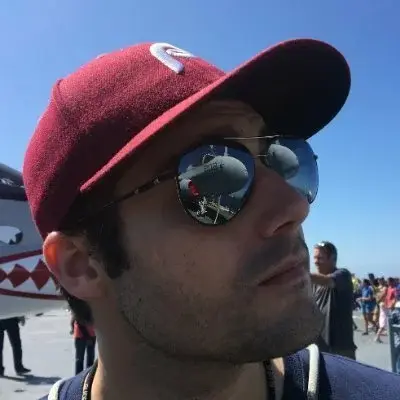- cross-posted to:
- programming
- machine_learning
- cross-posted to:
- programming
- machine_learning
cross-posted from: https://programming.dev/post/8121669
Japan determines copyright doesn’t apply to LLM/ML training data.
On a global scale, Japan’s move adds a twist to the regulation debate. Current discussions have focused on a “rogue nation” scenario where a less developed country might disregard a global framework to gain an advantage. But with Japan, we see a different dynamic. The world’s third-largest economy is saying it won’t hinder AI research and development. Plus, it’s prepared to leverage this new technology to compete directly with the West.
I am going to live in the sea.
www.biia.com/japan-goes-all-in-copyright-doesnt-apply-to-ai-training/



To be at fault the user would have to know the AI creation they distributed commits copyright infringement. How can you tell? Is everyone doing months of research to be vaguely sure it’s not like someone else’s work?
Even if you had an AI trained on only public domain assets you could still end up putting in the words that generate something copyrighted.
Companies created a random copyright infringement tool for users to randomly infringe copyright.
The same way you can tell if you repainted a Banksy yourself. If you don’t realize, and monetize, then you are liable for a copyright lawsuit regardless of the way you created the piece in question.
And if noone can detect similarities beyond influences, then it’s not infringing anything.
You may recognize a Banksy but to another it’s like I said you aught to know your work is like one from Coinsey: who?
This is exasperated when people can create creative works via AI, having even less knowledge about your peers who know how to DIY. A potentially life-ruining lawsuit is a bad system to find out you can’t monetize something.
If only there was some way to find out prior to selling stuff as if you made it. If only. Darn it!
I don’t understand. If I make something that doesn’t mean I’m not infringing someone’s works.
Point: regardless of the HOW it was made, the process of figuring if it infringes on something is the same. It’s still not always easy and due to the shittyness of current IP laws, even long time professional artists sometimes make mistakes.
In the end it’s just about money.
I am familiar with SEGA owning a software patent on Crazy Taxi’s “arrow above car points where to go” because my interests in creating games happened to lead me to an article stating such.
That seems related to HOW my works are made, to me. I know of no other way to find that out.
Like this one in Midtown Madness? Did MS actually have to pay SEGA to do the same thing? Both were originally released in 1999, it seems. I’m unsure which came first, but does it even matter if SEGA managed to get the patent first?
Midtown Madness 1/2/3 all have the arrows from what I’ve seen. At least 3 has a part where you pick up people in a taxi.
I am unsure what would happen if Midtown Madness did it first but didn’t patent it, game mechanic patents are not common (I hope…). Perhaps they knew they could win but didn’t want to lose money fighting the Microsoft of that time? I can find no mention of MM regarding the Sega v. Fox lawsuit where Fox privately settled over Simpson’s Road Rage in 2003.